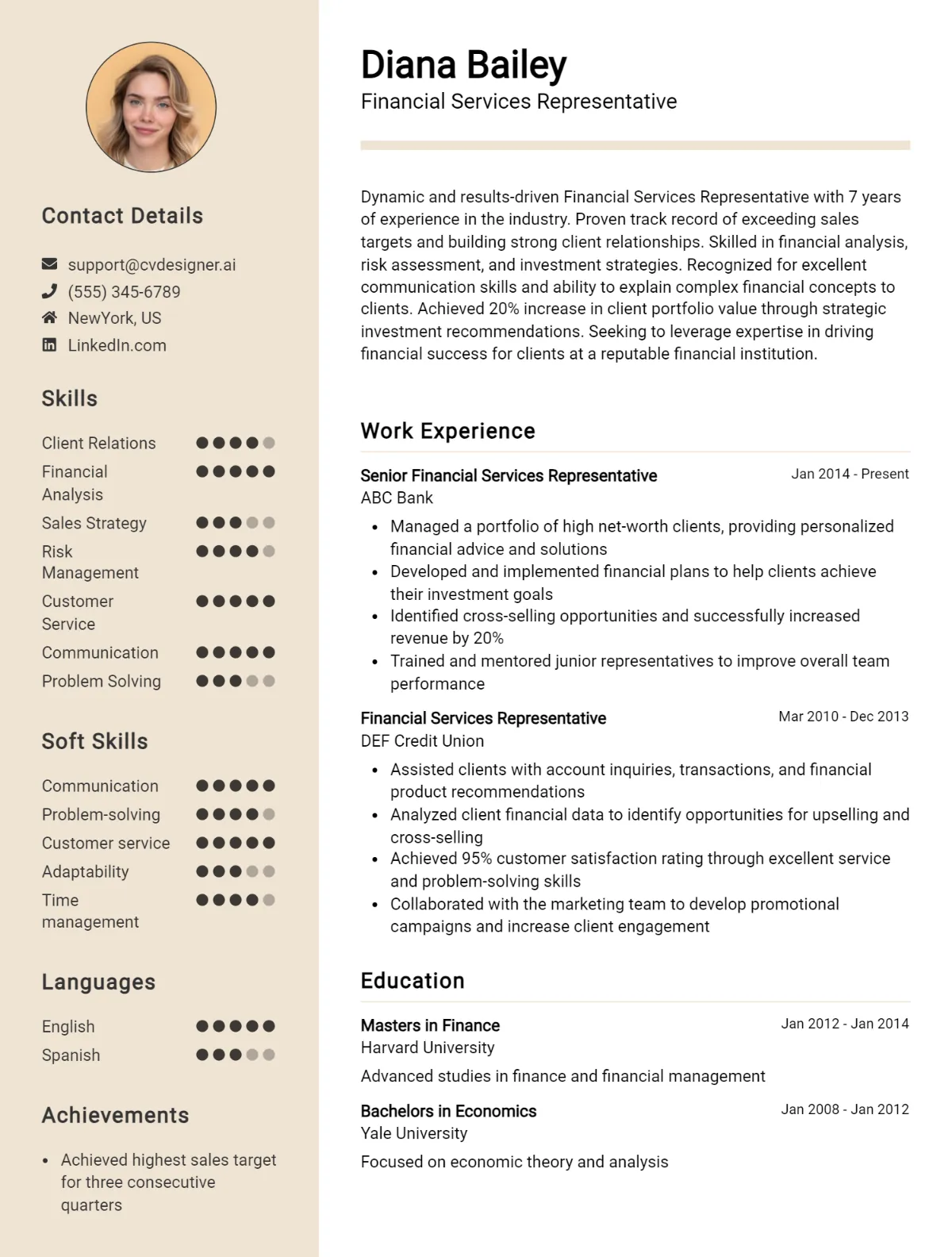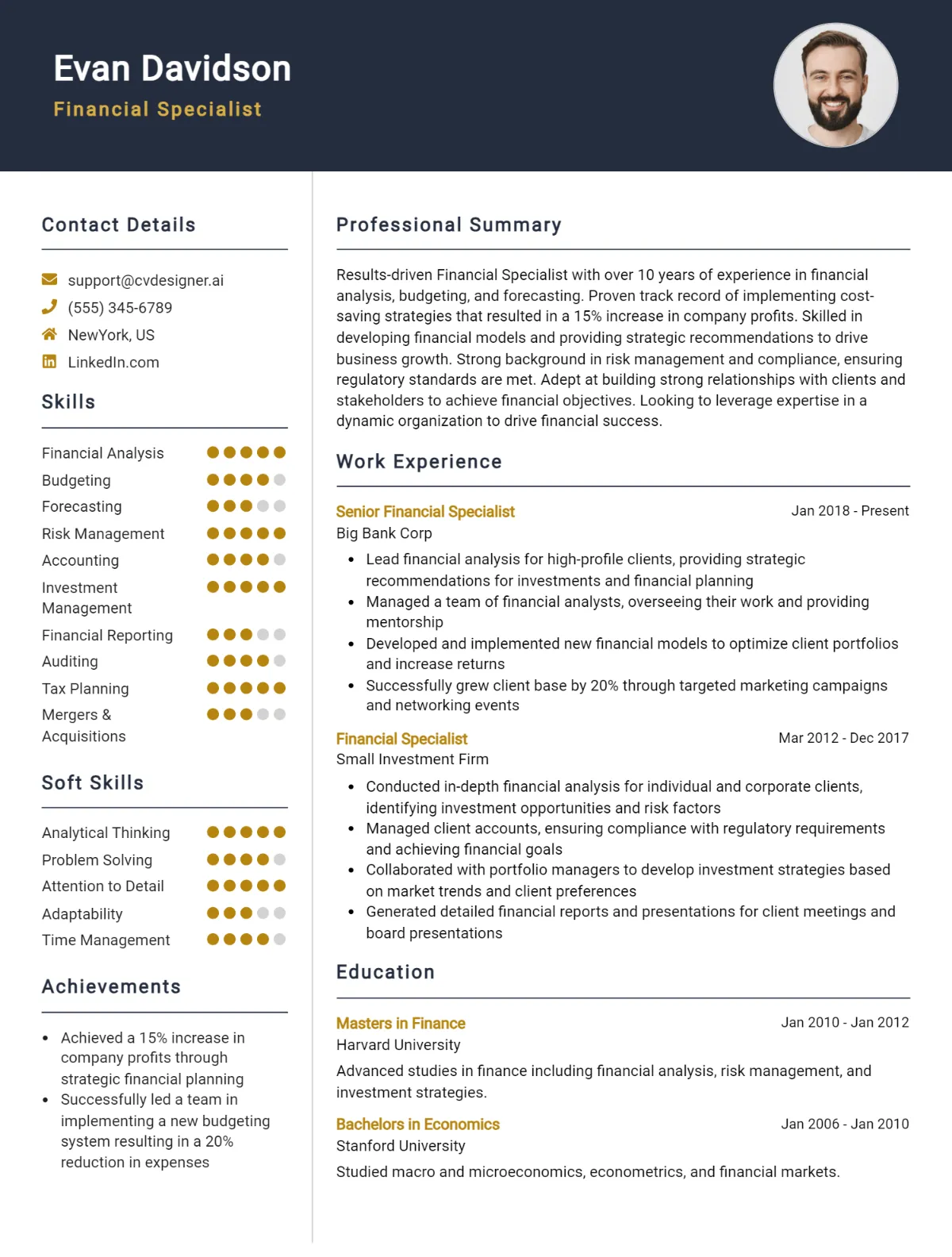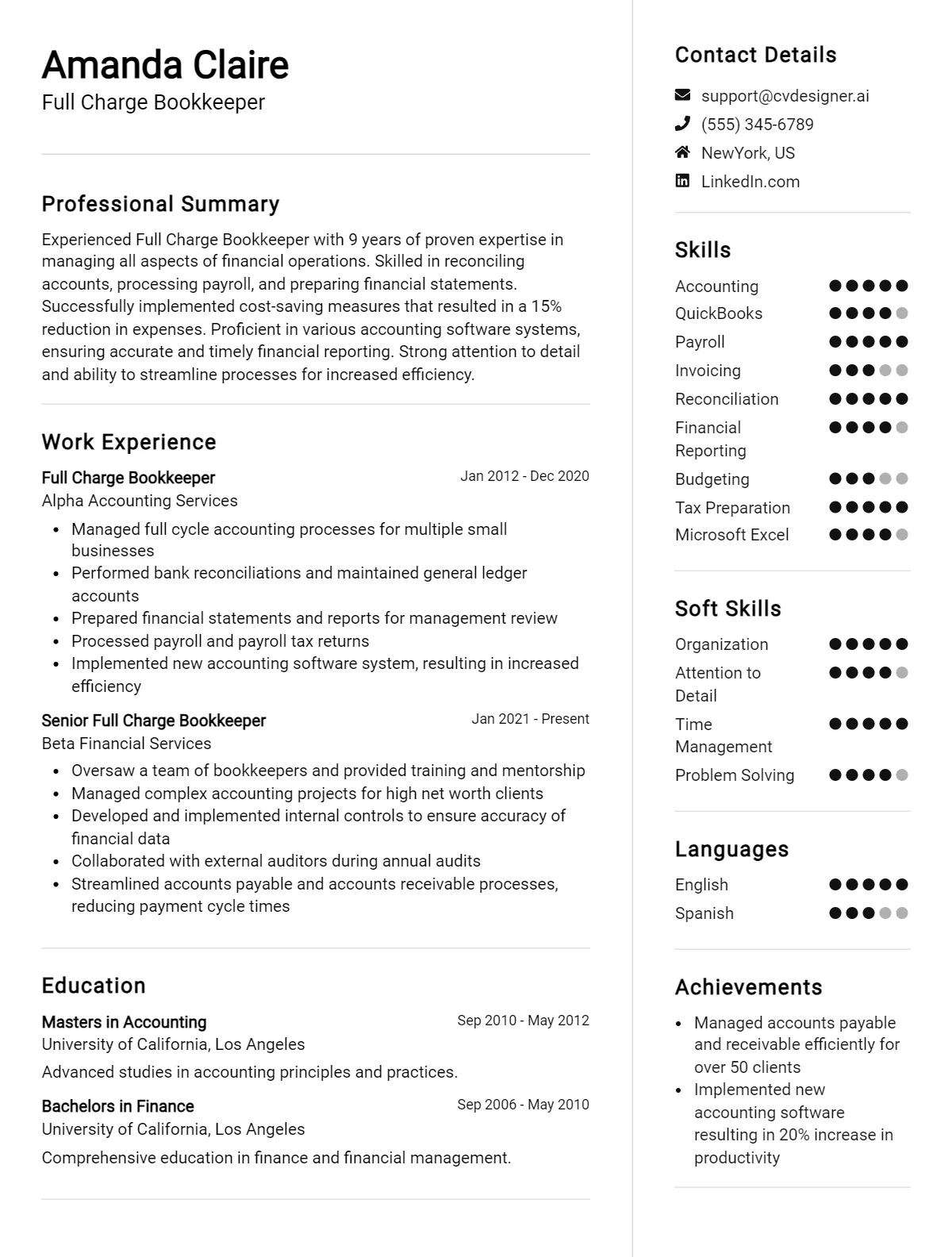When crafting a compelling CV, it’s essential to highlight both your hard skills and soft skills. However, hard skills often take precedence in showcasing your technical capabilities and qualifications for a specific job role. This comprehensive guide will explore the significance of hard skills, provide a detailed list with explanations, and offer tips on effectively presenting them on your CV. Let’s dive into the intricacies of mastering hard skills on your CV to make a lasting impression on potential employers.
Understanding Hard Skills
Hard skills are specific, teachable abilities that can be quantified and measured. They are often acquired through education, training, or on-the-job experience and are essential for performing specific tasks. Unlike soft skills, which are more about personal attributes and interpersonal abilities, hard skills are tangible and easily demonstrable.
Why Hard Skills Matter
Employers prioritize hard skills because they directly relate to the job’s core requirements. Demonstrating proficiency in these skills assures employers that you can perform the tasks necessary for the role. For instance, a software developer must showcase their coding abilities, while a graphic designer must highlight their proficiency in design software.
Use our Best CV Templates
Discover our top-tier CV templates, meticulously designed to make a lasting impression. Choose from a variety of professional layouts to enhance your career prospects.
Essential Hard Skills to Include on Your CV
Here is an extensive list of hard skills, categorized by industry and function, with detailed explanations and examples:
1. Technical Skills
Information Technology
- Programming Languages: Proficiency in languages like Python, Java, C++, and JavaScript is crucial for software development roles. For example, a software engineer might list their experience in developing applications using Python and Java.
- Database Management: Skills in SQL, Oracle, and MySQL are essential for roles involving data management and analysis. An example might include managing a company’s database and ensuring data integrity.
- Network Security: Knowledge of cybersecurity principles, firewalls, and VPNs is vital for protecting organizational data. A network security specialist might highlight their experience in implementing security protocols to prevent data breaches.
Engineering
- AutoCAD: Proficiency in AutoCAD software is necessary for drafting and designing engineering projects. An example could be using AutoCAD to create detailed architectural plans.
- Mathematical Modeling: Skills in creating mathematical models to simulate real-world scenarios are essential in fields like civil and mechanical engineering.
- Project Management: Familiarity with project management tools like Microsoft Project and Primavera is crucial for planning, executing, and overseeing engineering projects.
2. Analytical Skills
Data Analysis
- Data Visualization: Expertise in tools like Tableau and Power BI to create visual representations of data trends and patterns.
- Statistical Analysis: Proficiency in statistical software like SPSS and R to analyze data and derive meaningful insights.
- Big Data: Knowledge of big data technologies like Hadoop and Spark for handling and processing large datasets.
Financial Analysis
- Financial Modeling: Skills in creating financial models using Excel to forecast company performance.
- Investment Analysis: Proficiency in analyzing investment opportunities and risks using tools like Bloomberg Terminal.
- Accounting Software: Familiarity with accounting software like QuickBooks and SAP for managing financial records.
3. Creative Skills
Graphic Design
- Adobe Creative Suite: Mastery of Adobe Photoshop, Illustrator, and InDesign for creating visual content.
- UX/UI Design: Skills in user experience and interface design to enhance the usability of digital products.
- 3D Modeling: Proficiency in 3D modeling software like Blender and Maya for creating three-dimensional visualizations.
Writing and Content Creation
- Copywriting: Ability to write persuasive and engaging copy for marketing materials.
- SEO Writing: Knowledge of search engine optimization techniques to improve the visibility of online content.
- Content Management Systems: Proficiency in CMS platforms like WordPress and Joomla for managing website content.
4. Administrative Skills
Office Management
- Microsoft Office Suite: Expertise in using Word, Excel, and PowerPoint for various administrative tasks.
- Calendar Management: Skills in managing schedules and appointments using tools like Google Calendar.
- Document Management: Proficiency in organizing and maintaining digital and physical documents.
Human Resources
- HR Software: Familiarity with HR management systems like Workday and BambooHR for handling employee data.
- Payroll Management: Skills in processing payroll using software like ADP and Paychex.
- Recruitment: Experience in using applicant tracking systems (ATS) to manage the hiring process.
5. Sales and Marketing Skills
Digital Marketing
- Social Media Management: Proficiency in managing social media platforms and creating engaging content.
- Email Marketing: Skills in using email marketing tools like Mailchimp and Constant Contact to run campaigns.
- Google Analytics: Knowledge of Google Analytics for tracking website performance and user behavior.
Sales
- CRM Software: Experience with customer relationship management tools like Salesforce and HubSpot.
- Sales Strategies: Knowledge of various sales techniques and strategies to drive revenue.
- Market Research: Skills in conducting market research to understand customer needs and market trends.
How to Effectively Showcase Hard Skills on Your CV
Tailoring Your CV to the Job Description
To make your CV stand out, tailor it to the specific job description by highlighting the set of skills most relevant to the role. Carefully read the job posting and identify the key hard skills required. Then, ensure these skills are prominently featured in your CV, particularly in the skills section and your work experience descriptions.
Using the STAR Method
The STAR (Situation, Task, Action, Result) method is an effective way to showcase your hard skills through concrete examples. Here’s how you can structure it:
- Situation: Describe the context or challenge you faced.
- Task: Explain the specific task or responsibility you had.
- Action: Detail the actions you took to address the situation.
- Result: Highlight the outcomes and achievements resulting from your actions.
For example, if you’re highlighting your project management skills, you might write:
Situation: Led a team to complete a software development project within a tight deadline.
Task: Responsible for planning, executing, and delivering the project.
Action: Used Agile methodologies to streamline the development process, coordinated with cross-functional teams, and managed project timelines using Microsoft Project.
Result: Successfully delivered the project two weeks ahead of schedule, resulting in a 15% increase in client satisfaction.
Incorporating Keywords
Many companies use applicant tracking systems (ATS) to filter CVs before they reach a hiring manager. To pass through these systems, incorporate relevant keywords from the job description into your CV. This strategy ensures that your CV is not only tailored to the role but also optimized for ATS.
Highlighting Certifications and Training
Including certifications and training related to your hard skills can add significant value to your CV. For instance, if you have completed a certification in Google Analytics, mention it alongside your digital marketing skills. This not only validates your expertise but also shows your commitment to continuous learning.
Industry-Specific Hard Skills
Information Technology
In the IT industry, hard skills are paramount. Here are some specific skills to highlight:
- Cloud Computing: Proficiency in cloud platforms like AWS, Azure, and Google Cloud.
- Cybersecurity: Skills in ethical hacking, network security, and information assurance.
- Software Development: Experience with version control systems like Git, and methodologies like Agile and Scrum.
Healthcare
In the healthcare sector, technical skills are critical for patient care and medical procedures:
- Clinical Procedures: Proficiency in performing medical procedures and using diagnostic equipment.
- Electronic Health Records (EHR): Skills in managing patient records using systems like Epic and Cerner.
- Medical Coding: Knowledge of medical coding systems like ICD-10 and CPT.
Finance
For finance professionals, hard skills often revolve around data and financial management:
- Financial Reporting: Proficiency in preparing financial statements and reports.
- Investment Analysis: Skills in evaluating investment opportunities and portfolio management.
- Risk Management: Knowledge of risk assessment and mitigation strategies.
Education
In the education sector, hard skills are essential for effective teaching and administration:
- Curriculum Development: Skills in designing and implementing educational programs.
- Educational Technology: Proficiency in using technology tools like LMS (Learning Management Systems) for teaching.
- Assessment and Evaluation: Experience in creating and administering assessments to measure student performance.
Tips for Developing Hard Skills
Continuous Learning
In today’s rapidly evolving job market, continuous learning is crucial. Take advantage of online courses, workshops, and certifications to keep your skills up to date. Platforms like Coursera, Udemy, and LinkedIn Learning offer a wide range of courses in various fields.
Practical Experience
Gaining practical experience through internships, volunteer work, or freelance projects can significantly enhance your hard skills. This hands-on experience not only reinforces your learning but also provides concrete examples to showcase on your CV.
Networking
Connecting with professionals in your industry can open up opportunities for skill development. Attend industry conferences, join professional associations, and participate in online forums to learn from others and stay informed about industry trends.
FAQs: Hard Skills on CV
What are hard skills, and why are they important for a CV?
Importance on a CV:
Relevance to the Job: Hard skills directly relate to the core requirements of a job. Highlighting them on your CV demonstrates your ability to perform the tasks necessary for the role.
Quantifiable: Hard skills can be easily quantified and verified through tests, certifications, or practical demonstrations, providing tangible proof of your capabilities.
Competitive Edge: In a competitive job market, showcasing your hard skills can set you apart from other candidates by demonstrating your technical expertise and readiness to contribute from day one.
ATS Optimization: Many companies use Applicant Tracking Systems (ATS) to filter CVs. Including relevant hard skills can help your CV pass through these systems by matching the keywords in the job description.
How can I effectively highlight my hard skills on a CV?
Tailor to Job Description: Review the job description carefully and include the hard skills that match the role. This ensures your CV is relevant and targeted.
Skills Section: Create a dedicated section for hard skills on your CV. List them clearly and concisely.
Incorporate Keywords: Use the same terminology as the job description to optimize your CV for ATS.
Showcase in Experience: Integrate hard skills into your work experience section. Use specific examples to demonstrate how you’ve applied these skills in past roles.
Certifications and Training: Highlight any relevant certifications, training, or courses that validate your hard skills.
STAR Method: Use the Situation, Task, Action, Result (STAR) method to describe instances where you used your hard skills effectively.
What are some examples of hard skills for different industries?
Programming Languages: Python, Java, C++, JavaScript
Database Management: SQL, Oracle, MySQL
Network Security: Cybersecurity principles, firewalls, VPNs
Healthcare:
Clinical Procedures: Performing medical procedures, using diagnostic equipment
Electronic Health Records (EHR): Managing patient records using systems like Epic and Cerner
Medical Coding: ICD-10, CPT
Finance:
Financial Modeling: Creating financial models using Excel
Investment Analysis: Evaluating investment opportunities using Bloomberg Terminal
Accounting Software: QuickBooks, SAP
Engineering:
AutoCAD: Drafting and designing engineering projects
Mathematical Modeling: Creating mathematical models for simulations
Project Management: Using tools like Microsoft Project and Primavera
How can I acquire new hard skills to enhance my CV?
Online Courses: Platforms like Coursera, Udemy, and LinkedIn Learning offer a wide range of courses in various fields.
Certifications: Obtain industry-recognized certifications that validate your expertise.
Practical Experience: Gain hands-on experience through internships, volunteer work, or freelance projects.
Workshops and Seminars: Attend workshops and seminars to learn from experts and stay updated with industry trends.
Networking: Join professional associations, attend industry conferences, and participate in online forums to learn from peers and mentors.
Continuous Learning: Stay committed to lifelong learning by regularly updating your skills and knowledge.
Conclusion
Mastering hard skills and effectively showcasing them on your CV is crucial for landing your desired job. By understanding the importance of hard skills, identifying the most relevant ones for your industry, and strategically presenting them on your CV, you can significantly enhance your chances of standing out to potential employers.
Whether you’re looking to refine your existing skills or develop new ones, continuous learning and practical experience are key. Remember to tailor your CV to each job application, incorporate relevant keywords, and provide concrete examples of your hard skills in action. By doing so, you’ll be well on your way to crafting a compelling CV that highlights your technical expertise and positions you as a top candidate for any role.
For more insights on writing an effective CV, check out our guide on How to Write a CV. If you’re looking for inspiration, explore our CV Templates and start building your perfect CV with our CV Builder.







